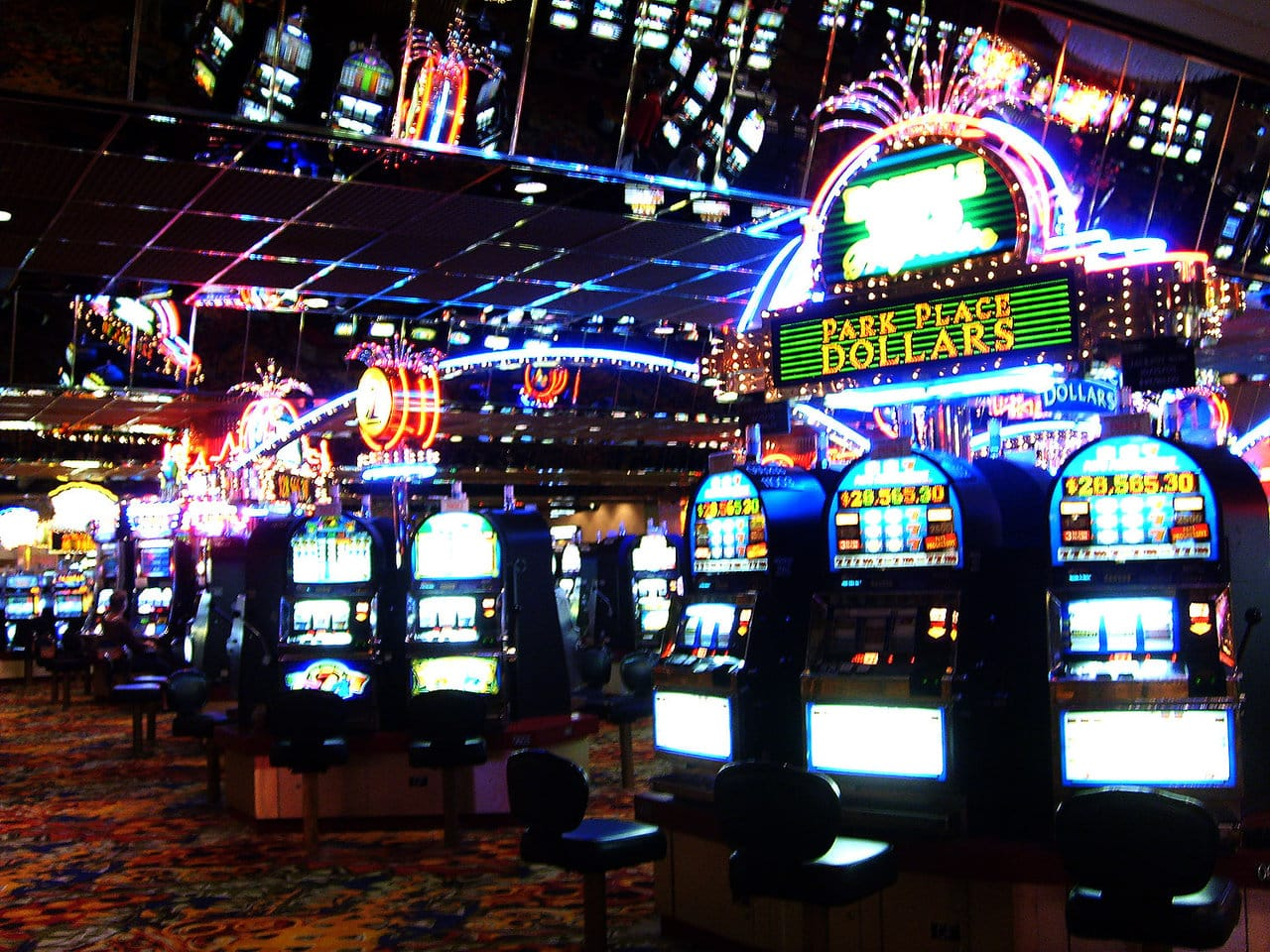
Gambling games have long been a significant aspect of human culture, offering not just entertainment but a intriguing reflection of our dreams, ambitions, and anxieties. From the spinning reels of a slot machine to the strategic gameplay of poker, these games encapsulate a spectrum of human sentiments and experiences. At their core, casino games are more than a chance to win money; they are a snapshot of life itself, where danger and gain merge and fortunes can change in an eye blink.
As players assemble around tables or sit in front of glowing machines, they engage in a tradition that transcends mere playing. These games reflect our innate desires for social interaction, adventure, and the quest for chance. They also reveal deeper truths about human psychology, such as our relationship with chance and the thrill of the unknown. In exploring casino games, we reveal not only the mechanics of play but also the intricate pattern of the human journey, showcasing our woven narratives of aspiration and reality.
The Psychology of Gambling
Wagering is deeply rooted in human psychology, appealing to various emotions and wants. The excitement of taking risks is a fundamental aspect that draws players in, be it the thrill of spinning a roulette wheel or the excitement of drawing a winning hand in a poker game. This rush of adrenaline is frequently likened to other forms of excitement, as the uncertainty of outcomes triggers a unique psychological response. Players often become entranced by the possibility of winning big, leading to an almost magnetic draw toward casino games.
Another, an essential component of the psychology behind gambling is the concept of hope and ambition. Players often nourish fantasies of financial freedom and the luxurious lifestyle that can accompany winning. This optimism fuels their continued participation in gambling, as it provides a sense of meaning and the belief that a transformative win could be just one bet away. The story of beating the odds and finding success resonates with many, strengthening their dedication to play and engage with these games.
Lastly, social aspects play a significant role in gambling psychology. Casino environments are designed to foster social interaction, where gamblers gather to share the journey of wins and losses. This communal aspect not only enhances enjoyment but also affects behavior, as individuals often imitate the actions of others around them. The social validation found in mutual thrill can enhance the emotional experience, making casino games a reflection of not just personal desires but also shared involvement within the gambling community.
## The Dual Nature of Risk and Reward
Casino games embody the delicate balance between risk and gain that resonates profoundly with the human experience. The thrill of placing a bet is often accompanied by a rush of adrenaline, as gamblers are confronted with the prospect of winning big, yet cognizant of the potential to suffer losses. This twofold experience reflects a core aspect of life: the paths we choose often come with inherent risks, and the quest for benefit can compel us to take chances we might not normally consider. In this way, gambling activities echo real-world choices, enticing gamblers to risk not just their capital, but also their aspirations.
The allure of jackpot prizes and payouts fuels a feeling of positivity, motivating gamblers to dream of a brighter future that could emerge from a lucky spin of the wheel or flip of a card. Sv388 This positive outlook can compel individuals to engage in more daring actions, pushing them to push their boundaries in search of financial gain. However, just as in life, the results of these decisions can lead to both triumph and loss. The stories of both jackpot winners and those who have lost everything at the casino demonstrate the unpredictable nature of chance and its consequential repercussions on our futures.
Ultimately, the interaction of engaging with gambling activities serves as a potent reminder of the human condition. Every round played is imbued with the tension of ambiguity, as gamblers weigh the gains against the risks. This dynamic not only highlights the thrill that comes with betting but also reveals the vulnerabilities that come with the desire for more. As we explore the complexities of choice and results in both the casino and in life, we find that the quest for gain shapes our identities and journeys in profound ways.
Community and Solitude in Gambling Environment
Casino environment is a distinct combination of social engagement and individual pursuit, reflecting the contrasts of individual experience. Gamblers often gather around games, sharing in the thrill of the action, rejoicing in wins, and commiserating over losses. This social aspect is vital, as it creates a sense of community and camaraderie among varied groups of people. Regular visitors to gaming establishments may form friendships and develop routines, turning the casino into a second home where they experience connected to a greater community of players.
However, the appeal of gambling activities can also lead to loneliness. Gà chọi C1 As players become immersed in the excitement of playing, they may isolate from personal relationships or fail to interact with the world outside the casino. For some, the pursuit of a windfall can distract from genuine connections, leading to loneliness. The situation of being surrounded people yet experiencing solitary is not rare, as the attention shifts from shared enjoyment to the private stakes of each player’s journey.
This interaction of community and isolation creates a rich tapestry that defines casino atmosphere. It highlights the complexity of human interactions, where happiness and despair exist together. Casinos serve as both a sanctuary for social interaction and a stage for individual challenges, demonstrating how intimately entwined our yearning for companionship and the personal quest for wealth can be. In navigating this environment, players confront their own narratives—seeking both the rush of the game and the companionship of other gamblers, eventually mirroring the broader spectrum of individual experience.
